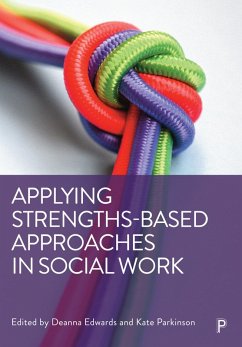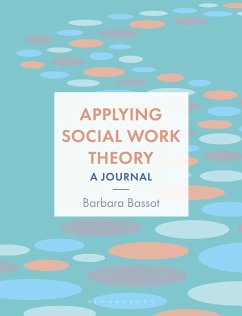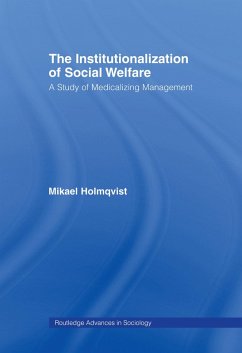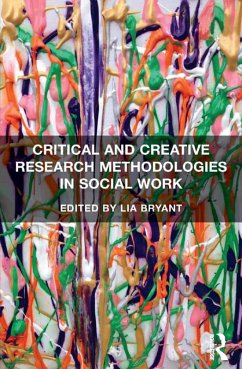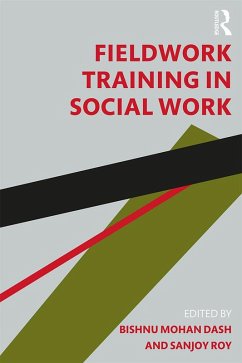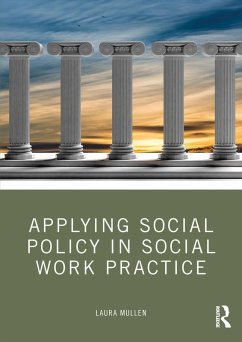
Applying social science (eBook, ePUB)
The role of social research in politics, policy and practice
Versandkostenfrei!
Sofort per Download lieferbar
28,95 €
inkl. MwSt.
Weitere Ausgaben:

PAYBACK Punkte
14 °P sammeln!
In complex contemporary societies social science has become increasingly interwoven into the whole fabric of governance. At the same time there is an increasing recognition that attempts to understand the social world which seek to mimic the linear approaches of the conventional 'hard sciences' are mostly useless given the complex systems character of society in all its aspects. This book draws on a synthesis of critical realism and complexity theory to examine how social science is applied now and how it might be applied in the future in relation to social transformation in a time of crisis. ...
In complex contemporary societies social science has become increasingly interwoven into the whole fabric of governance. At the same time there is an increasing recognition that attempts to understand the social world which seek to mimic the linear approaches of the conventional 'hard sciences' are mostly useless given the complex systems character of society in all its aspects. This book draws on a synthesis of critical realism and complexity theory to examine how social science is applied now and how it might be applied in the future in relation to social transformation in a time of crisis. A central argument is that there is no such thing as a 'pure' science of the social and that a recognition of the inevitability of application imposes obligations on social scientists wherever they work which challenge the passivity of most in the face of inequality and injustice.
Dieser Download kann aus rechtlichen Gründen nur mit Rechnungsadresse in A, D ausgeliefert werden.





